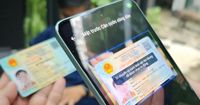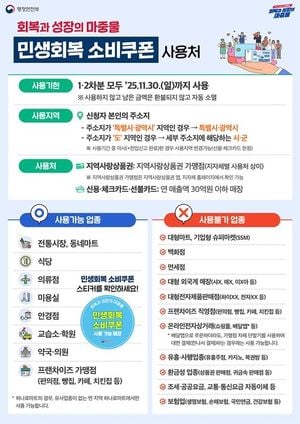In a significant move aimed at enhancing online privacy, the Ministry of Public Security in Vietnam has proposed a new regulation that would prohibit the requirement of photo identification for verifying social media accounts. This proposal is part of the draft Law on Personal Data Protection, which encompasses seven chapters and 69 articles focused on safeguarding personal data.
The draft law explicitly states that social media and online streaming service providers must take responsibility for protecting the personal data of Vietnamese citizens, whether they operate within Vietnam or are available on mobile app stores catering to Vietnamese users. Article 31 of the draft outlines the obligations of these service providers, mandating clear notifications about the personal data being collected when users install and utilize their platforms.
One of the most notable features of this draft law is the prohibition against requesting images or videos that contain any part of an ID card or citizen identification card for account verification purposes. Additionally, it introduces the option for users to choose not to be tracked or to allow tracking only with their consent. This move is seen as a response to growing concerns about privacy and data misuse in the digital age.
Furthermore, the draft law requires service providers to provide explicit written notifications regarding the sharing of personal data and to implement security measures when conducting advertising and marketing activities based on user data. It also emphasizes the importance of not eavesdropping, intercepting, or recording communications without the consent of the data subject.
As personal data increasingly becomes a commodity in the digital landscape, the need for robust legal frameworks to protect individuals has never been more pressing. According to recent analyses, personal information—including names, phone numbers, addresses, and purchasing habits—has become more valuable than cash. Each click, each entry of personal information, inadvertently contributes to a vast database that can be exploited by malicious actors.
Many users remain unaware of the extent to which their data is collected and used. The Law on Cybersecurity and Decree 13/2023 were introduced as legal safeguards, yet there remains a significant gap in public understanding and the practical application of these laws. Questions like "What is the Law on Cybersecurity?" and "What rights do I have when my information is leaked?" highlight the need for greater awareness.
Experts warn that the lack of vigilance among users, coupled with insufficient legal frameworks, leaves individuals vulnerable to data exploitation. Users often fail to read terms of service agreements, neglect to limit app permissions, and do not control what personal information they share online. This lack of awareness can lead to serious consequences, including identity theft, financial fraud, and psychological manipulation.
As technology companies, often referred to collectively as "Big Tech," continue to shape the digital landscape, they also influence user behavior. Their platforms are designed to encourage users to share personal data, often without realizing the implications. The result is a society where individuals are treated as "living data," categorized and analyzed for targeted advertising, a multi-billion-dollar industry.
To combat these challenges, experts recommend several strategies for protecting personal data. Users should control application access rights, only granting permissions that are necessary. It is also advisable to avoid sharing personal information publicly on social media and to use strong passwords along with two-factor authentication. Additionally, users should remain vigilant against suspicious links and emails, ensuring they do not log into accounts through insecure channels.
As the digital environment continues to evolve, the responsibility of protecting personal data increasingly falls on individual users. The recent proposal by the Ministry of Public Security represents a proactive step towards safeguarding citizens' privacy rights. If passed, this law could significantly change the landscape of social media and online services in Vietnam, making it illegal for companies to request sensitive identification information for account verification.
This proposal has garnered attention from various stakeholders, including civil rights advocates and technology companies, who recognize the importance of data protection in fostering trust between users and service providers. The ongoing dialogue surrounding this draft law underscores a broader global trend towards heightened awareness and regulation of personal data privacy.
In conclusion, as individuals navigate the complexities of the digital age, understanding and advocating for personal data protection becomes essential. The proposed law not only aims to enhance user privacy but also sets a precedent for how personal data should be treated in the rapidly evolving online landscape.






